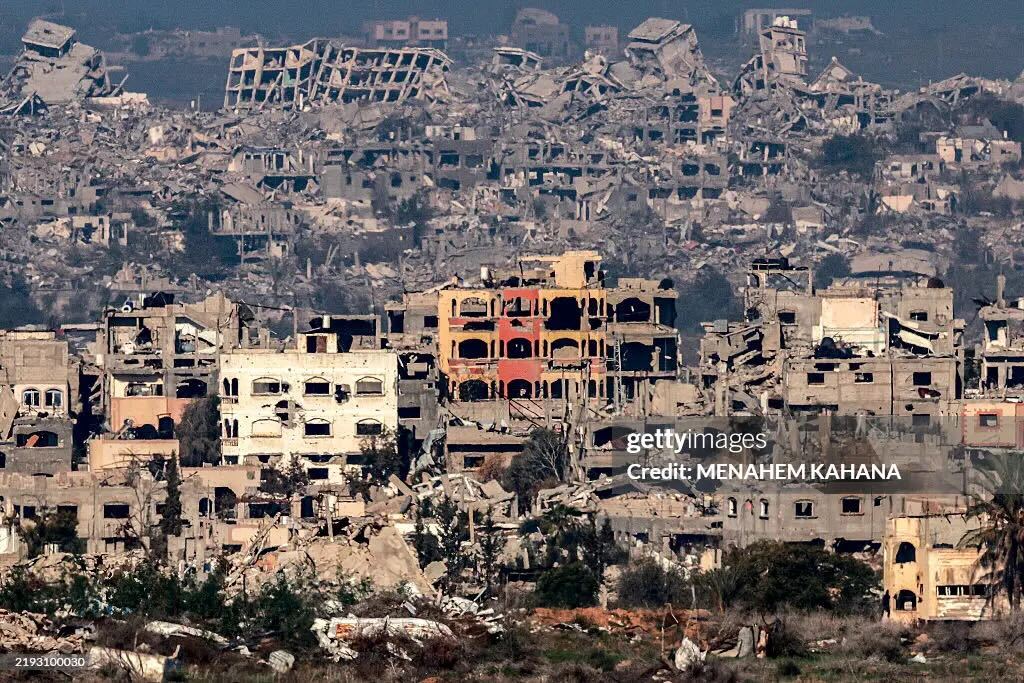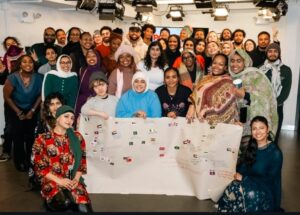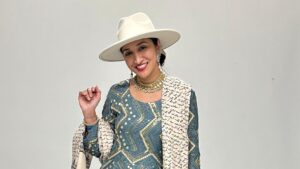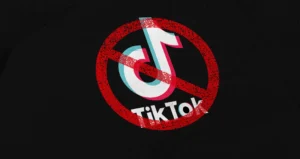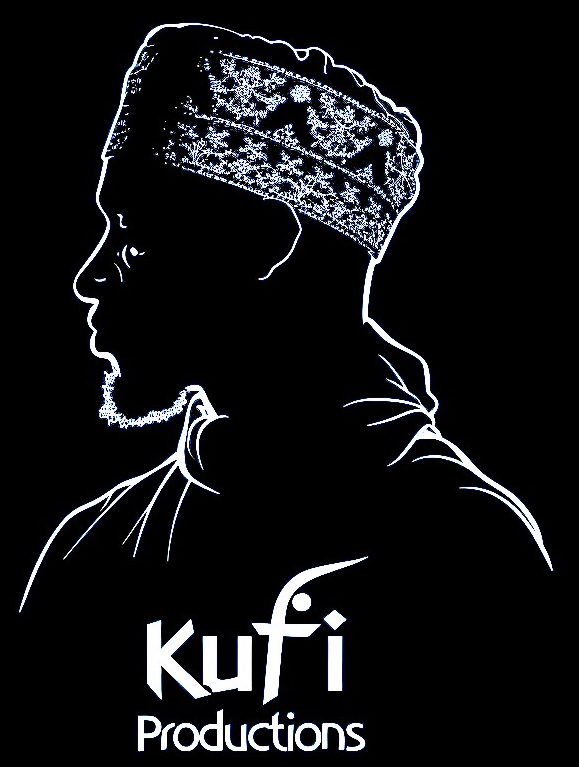In a world where Gaza often appears in headlines as a place of war, destruction, and loss, small acts of humanity continue to flow across borders. Sometimes, they arrive not in the form of aid trucks or official statements, but as simple, heartfelt words.
One such message came from a young woman named Naurene, who felt compelled to write a letter—not to politicians or institutions, but directly to the people of Gaza, especially its younger generation.
She began her message with the greeting of peace:
“Assalamu Alaikum wa rahmatullahi wa barakatuhu my brothers and sisters. My name is Naurene, and I would like to share this message with you all. I want to say that many in my generation have not forgotten about you, nor have we stopped making du’a for you.”
For Naurene, living in a society of abundance—where food, water, and education are taken for granted—did not erase her sense of connection to Gaza. On the contrary, it deepened it. She insisted that suffering should not be the only way to recognize another’s suffering.
“It shouldn’t take one to suffer to realize that others are suffering. It shouldn’t take one to lose a limb to understand the pain of losing a limb.”
Her words carried a reminder: that solidarity does not require shared geography or identical circumstances.
She wrote of seeing Gazans not just as Palestinians, but as family.
“I consider you all as my blood brothers and sisters separated by an ocean and borders.”
What makes her message stand out is not just sympathy—it is recognition of how Gaza, in its struggle, has changed the lives of people far away.“Because of you all, many have become Muslim. Because of you all, many have learned to make heartfelt du’as and turned to Allah more faithfully. Because of you all, many people threw away their education just so you all can be heard.”
In her eyes, Gaza is not merely a site of tragedy but also a source of spiritual awakening, sacrifice, and resilience that resonates across the globe. Her prayer was not only for safety, but also for multiplied rewards:
“So I ask Allah that each and every one of you gets many times the reward for any single person who gets inspired to become Muslim, learns how to love one another, becomes more dutiful to their parents, who is a woman that decides to wear the hijab, suddenly decides to pick up their Quran from their dusty shelf to read it, and makes a du’a.”
The letter, while simple in form, reveals something profound: that Gaza is not alone. Its suffering and strength reverberate in the hearts of strangers, shaping their faith, choices, and sense of humanity.
In the noise of war, blockade, and politics, this voice reminds us that Gaza is not just a conflict zone. It is a mirror, a teacher, and—most importantly—a family that extends beyond borders.
Alaa Alburai, Kufi Productions

